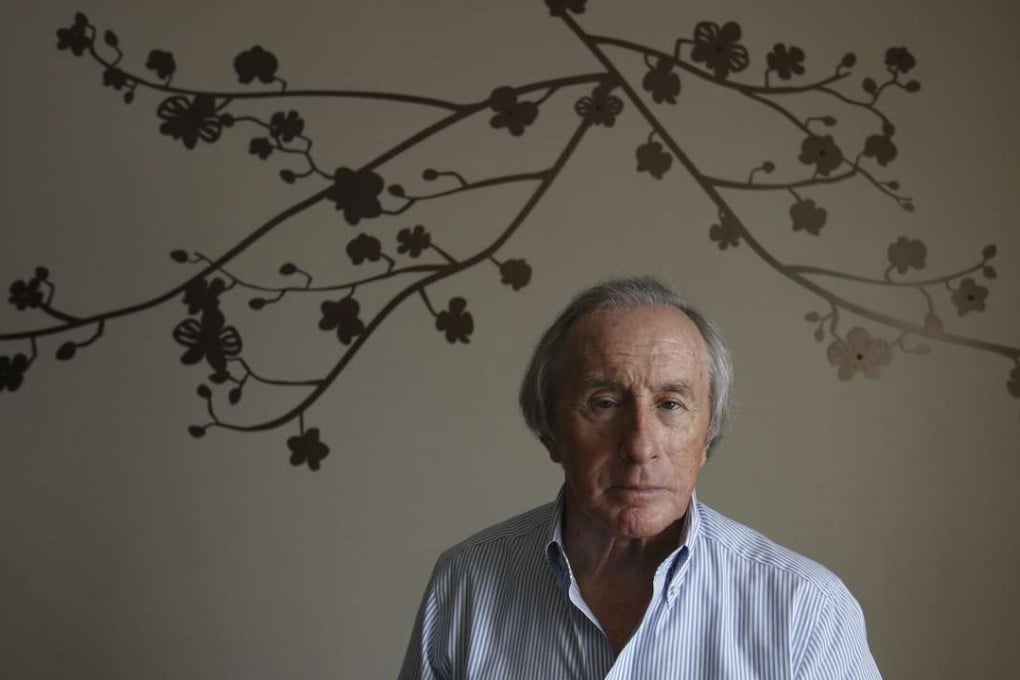Motor racing legend Jackie Stewart on his biggest challenge yet
With his wife by his side, British world champion Jackie Stewart roared through a blood-drenched era of Formula One and lived to tell the tale. Now, as his partner of 54 years battles dementia, he faces his biggest challenge yet.

In his 2007 autobiography – a book with a distinct emphasis on the auto – British racing driver Jackie Stewart begins one chapter with a breathtaking line: “Imagine an eleven-year window of time when you lose fifty-seven – repeat fifty-seven – friends and colleagues, often watching them die in horrific circumstances doing exactly what you do, weekend after weekend”. In the 1960s and 70s, the era during which he won 27 Grand Prix titles and was Formula One’s world champion three times, racing was a barbaric sport.
Once, in 1966, as he drove out of the pits in a Ferrari 250 LM during the Grand Prix Ile de France, he glanced to his left and saw two dead bodies, “shattered beyond recognition” a few metres away. It was, he writes, like a scene from a medieval battlefield. And still the race continued. Fatalities pile up, as swiftly relentless as the grimmer sort of soap opera: youthful actors enter; briefly, brilliantly, shine; are smashed, or burnt, to death. (Early on in the 547 pages, I made a note that the bloody jostling resembled Game of Thrones, before realising Stewart had, literally, been with House Tyrrell [sic]. Ken Tyrrell had founded the Tyrrell Racing Organisation in 1960 and effectively launched Stewart’s career.)

Throughout the carnage and funerals, Stewart compartmentalised his emotions. When he passed those mangled corpses, for example, he pressed on the accelerator and did a record-breaking lap. Off the track, however, he searched for the best doctor he could find to be his personal standby physician each time he raced. (In case you snort – as officials did – at such apparent preciousness, bear in mind that, at the time, the chief medical officer in charge of one circuit was a gynaecologist.) He compiled a list of leading surgeons in every country where he raced. He conducted track inspections.
His life reads as a strange mixture of derring-do and caution. In this, he resembles his mother, who was passionate about driving. His parents owned a garage outside Glasgow, Scotland, and Mrs Stewart loved to try out every car that came through their dealership. But she absolutely forbade her younger son to drive professionally; his brother, Jimmy, eight years older and a well-known racing driver in the 50s, had retired at the age of 24 because of the stress it had caused their mother.
